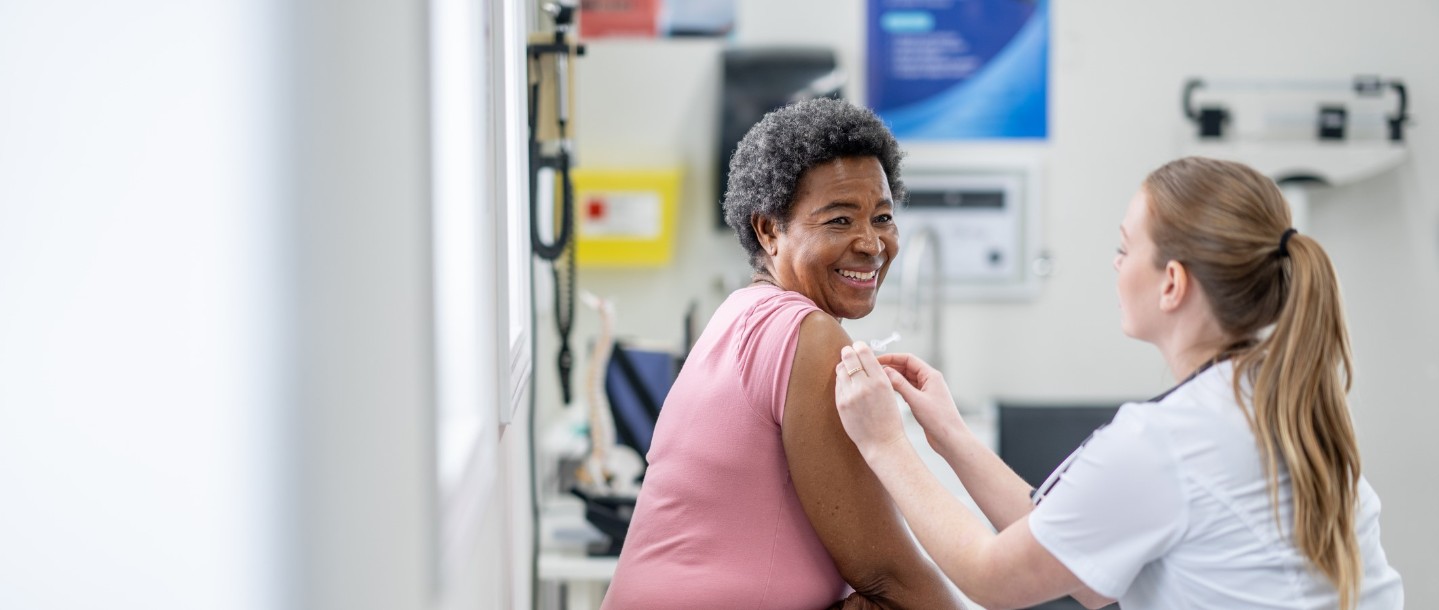Fueling Your Family's Future: A Doctor's Perspective on National Nutrition Month
MAR 01, 2026Good nutrition is about building a foundation for a vibrant, energetic, and disease-resistant life for you and your loved ones.
Read More
August is Immunization Awareness Month (IAM), a time dedicated to highlighting the importance of vaccines for people of all ages. From infants to seniors, vaccines are a safe and effective way to protect ourselves and our communities from serious and potentially life-threatening diseases. Let's explore why immunization is so crucial and how you can participate in IAM!
Vaccines are one of the greatest public health achievements of the 20th century. They work by training your immune system to recognize and fight off specific viruses and bacteria. When you're vaccinated, your body produces antibodies that provide protection against the disease. This means that if you're ever exposed to the actual disease, your immune system will be ready to defend you, preventing you from getting sick or significantly reducing the severity of the illness.
Vaccines are recommended for people of all ages, but the specific vaccines you need will depend on your age, health status, lifestyle, and travel plans.
Here are some ways you can get involved in Immunization Awareness Month:
It's important to acknowledge that some people have concerns about vaccines. Vaccine hesitancy is a complex issue, often rooted in misinformation and mistrust. If you encounter someone who is hesitant about vaccines, listen to their concerns with empathy and respect. Provide them with accurate information from reliable sources and encourage them to talk to their doctor.
Immunization Awareness Month is a reminder of the incredible power of vaccines to protect us from serious diseases. By getting vaccinated, we not only protect ourselves but also contribute to the health and well-being of our communities. Let's use this month to raise awareness, educate others, and ensure that everyone has access to the life-saving benefits of vaccines. Protect yourself, protect your community – get vaccinated! Reach out to your Primary Care provider for more info.
Resources:
Centers for Disease Control and Prevention (CDC): https://www.cdc.gov/vaccines/index.html
World Health Organization (WHO): https://www.who.int/immunization/en/

Good nutrition is about building a foundation for a vibrant, energetic, and disease-resistant life for you and your loved ones.
Read More
Raynaud's phenomenon is a rare disorder that affects the blood vessels, most commonly in the fingers and toes, but sometimes also in the nose, ears, or lips.
Read More
Winter brings beautiful snowy landscapes and cozy evenings, but the cold, dry air—indoors and out—can be harsh on our hands, leading to dryness, cracking, and even more serious issues like frostbite. Protecting your hands is crucial for comfort and s...
Read MoreWhen you need local health information from a trusted source, turn to the CHI Health Better You eNewsletter.